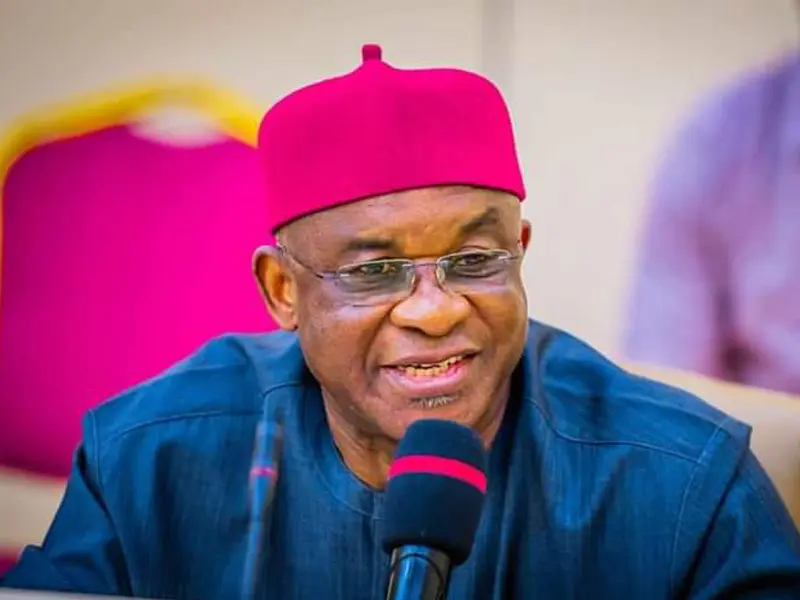Nigeria’s African Democratic Congress (ADC) faced public internal divisions as its nationwide leadership rallied behind former Senate President David Mark, while disavowing dissenting voices within the party. The Forum of State Chairmen, representing chapters across 34 states and the capital, Abuja, reaffirmed its backing for Mark’s national leadership in a statement issued Friday by Kingsley Temitope Ogga, the forum’s chairman and ADC leader in Kogi State.
Ogga accused the party’s Benue and Nasarawa State chairmen of “anti-party activities,” alleging they were enlisted for “negative media propaganda” against Mark and the newly inaugurated National Working Committee (NWC). He dismissed claims by the two officials to represent the forum’s leadership, asserting their actions lacked legitimacy. “For the avoidance of doubt, the duo have no locus to act on behalf of the party as leaders of the forum,” Ogga emphasized.
The statement also addressed the status of Hon. Leke Abejide, the ADC’s sole elected federal legislator, who was suspended indefinitely earlier this year. Ogga accused Abejide of undermining the party by attempting to align it with the ruling All Progressives Congress (APC) ahead of Nigeria’s 2027 general elections. “He has been surreptitiously working to hand the ADC over to the APC,” Ogga claimed, stressing that Abejide no longer holds authority to represent the party.
The ADC, positioning itself as a third-force alternative to Nigeria’s dominant APC and Peoples Democratic Party (PDP), has faced internal challenges since Mark assumed leadership in late 2023. Observers note the public rift highlights tensions within smaller parties striving to consolidate influence ahead of the next electoral cycle. While Ogga’s remarks suggest a unified front among most state chapters, the dissension in Benue and Nasarawa—states with significant political clout—raises questions about regional coordination.
Mark, a former military governor and two-term Senate president, has sought to leverage his cross-party networks to bolster the ADC’s visibility. However, accusations of clandestine collaborations with the APC underscore broader concerns about political realignments in Nigeria, where smaller parties often grapple with defections and strategic mergers.
The ADC leadership’s decision to publicly address Abejide’s suspension and discredit dissenting state officials signals efforts to project stability amid growing scrutiny. With Nigeria’s next elections three years away, the party faces the dual challenge of managing internal cohesion while positioning itself as a credible contender in a landscape historically dominated by two major blocs.
